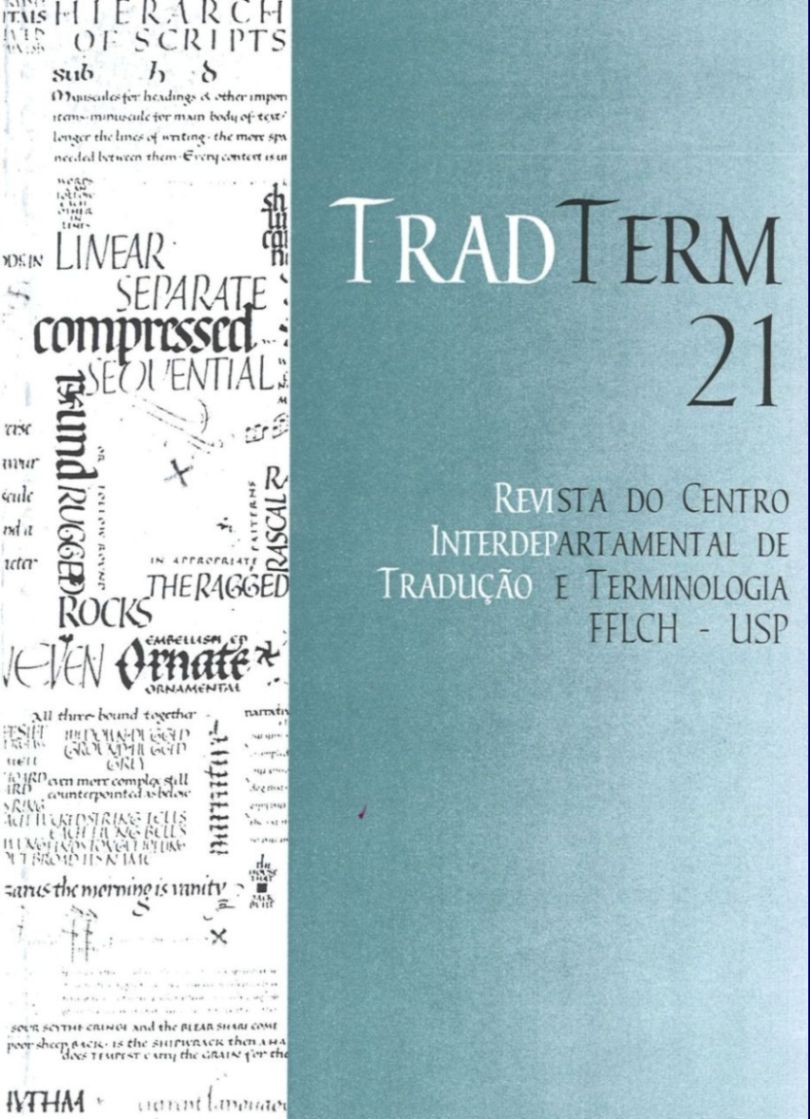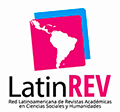The Pillow Book: translation and adaptation issues
DOI:
https://doi.org/10.11606/issn.2317-9511.tradterm.2013.59358Keywords:
The Pillow Book, Translation, Gender, Fidelity, Adaptation, Orientalism.Abstract
Throughout its history as a translated classic in the West, Sei Shônagon’s The Pillow Book has time and again had its textual integrity disrespected and reframed to accommodate each translator’s agenda. Peter Greenaway’s film could be criticized for disingenuously reproducing some of this “secondhand Orientalism” in its representation of Japanese culture and literature. At the same time, a more idealized approach to translation and fidelity doesn’t take into account the creative processes of adaptation and artistic rewriting. A theoretical approach that integrates adaptation and translation studies is needed in order to better understand how different cultures and codes interact in the context of film.Downloads
Download data is not yet available.
Downloads
Published
2013-08-04
Issue
Section
Articles
License
Autores que publicam nesta revista concordam com os seguintes termos:
- Autores mantém os direitos autorais e concedem à revista o direito de primeira publicação, com o trabalho simultaneamente licenciado sob a Licença Creative Commons Attribution BY-NC-SA que permite o compartilhamento do trabalho com reconhecimento da autoria e publicação inicial nesta revista.
- Autores têm autorização para assumir contratos adicionais separadamente, para distribuição não-exclusiva da versão do trabalho publicada nesta revista (ex.: publicar em repositório institucional ou como capítulo de livro), com reconhecimento de autoria e publicação inicial nesta revista.
- Autores têm permissão e são estimulados a publicar e distribuir seu trabalho online (ex.: em repositórios institucionais ou na sua página pessoal) a qualquer ponto antes ou durante o processo editorial, já que isso pode gerar alterações produtivas, bem como aumentar o impacto e a citação do trabalho publicado (Veja O Efeito do Acesso Livre).
How to Cite
Cunha, A. dos S. (2013). The Pillow Book: translation and adaptation issues. TradTerm, 21, 71-95. https://doi.org/10.11606/issn.2317-9511.tradterm.2013.59358








